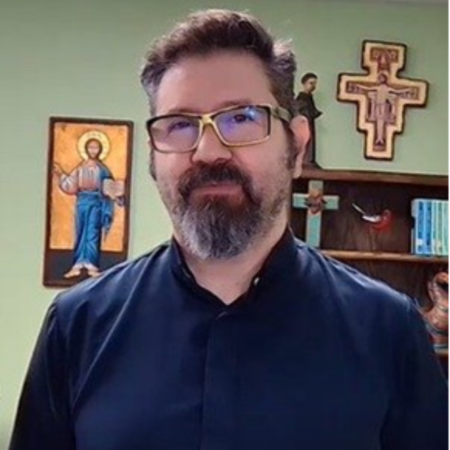The story highlights the divide between a wealthy man and a beggar, prompting us to consider what creates these gaps and how to bridge them. It encourages us to prioritize caring for humanity over ignoring it.
Two protagonists who cross paths and cannot speak to each other, one dressed in rags, the other in purple; one lives with food parading in his house, the other is sick, lives on the street, and fights with dogs for a few crumbs.
Is this the world God dreamed of for his children? A God who is never mentioned in the parable, yet is there: he does not dwell in the coffers but in the sores of a poor man; there is no place for him, because God is not present where the heart is absent.
The wealthy man may pray, “O God, hear my prayer,” yet he consciously ignores the wounds of Lazarus. Many overlooked individuals live in our cities, towns, and even at home; something eternal resides within each of them.
The rich man does not harm Lazarus; he makes him invisible. By doing so, he effectively kills him. The true enemy of faith is narcissism, not atheism.
The unraveling occurs after death; now, seeing each other, Lazarus is embraced by God, while the other is consumed by flames. The man at last recognizes the poor beggar and wants to use him to quench his thirst.
The chasm built during life is unsurpassable after death; care for neighbor is the only measure of eternity.

